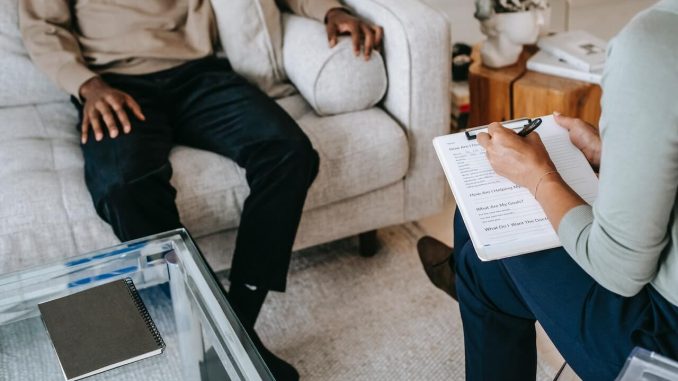
Depression treatments vary but there are two primary methods. These treatments, generally used together are medication and psychotherapy. Recent studies now indicate changes in lifestyles can have beneficial effects. These changes can be as simple as exercising regularly and taking dietary supplements.
Generally, one particular medication or combination of medications can produce significant results. But occasionally, good responses are harder to achieve. When depression is resistant to medical treatment, a more thorough assessment is needed. This may lead to psychotherapy, focusing on lifestyle changes and changes or increases in medication.
In emergency cases, hospitalization may be needed. If a patient is determined to be dangerous to themselves or to others, hospitalization is needed until they are responsive to treatment and no longer present any danger. A less drastic alternative treatment program is partial hospitalization. This is where the patient spends most of the day in a psychiatric hospital setting but spends the night at home.
Intensive treatment typically includes group therapy, individual therapy, and medication management. This method is often used with children and adolescents. Group therapy offers peer support and the knowledge that they are not alone and that others experience similar problems and feelings.
After recovery, evidence shows that continual usage of antidepressant medication can reduce the chances of a relapse, possibly by as much as half. This most likely last for at least the first three years. Some evidence suggests prolonged use of these medications may have adverse physical effects. The exact reasons for this are unknown.